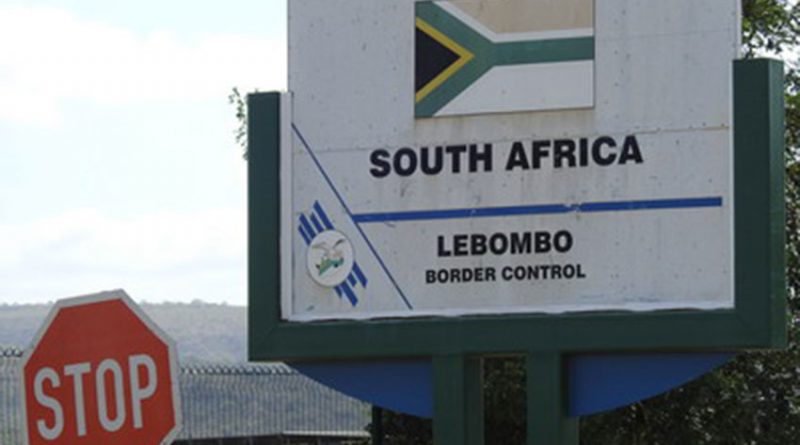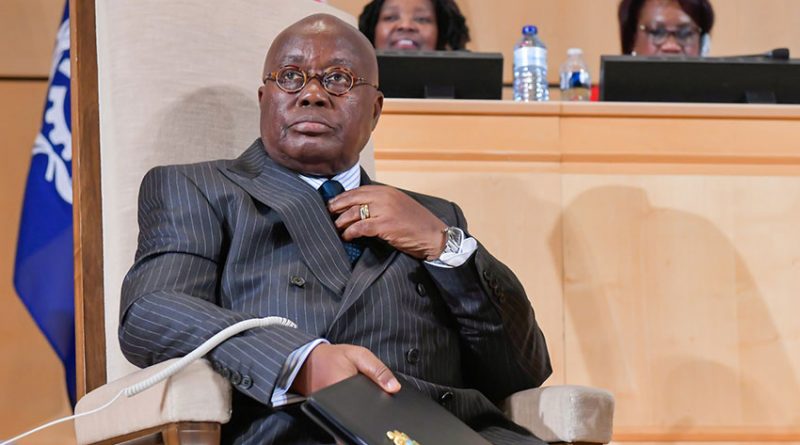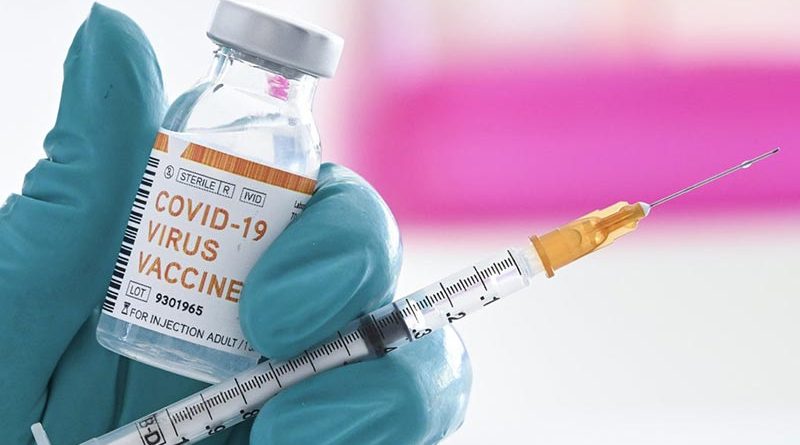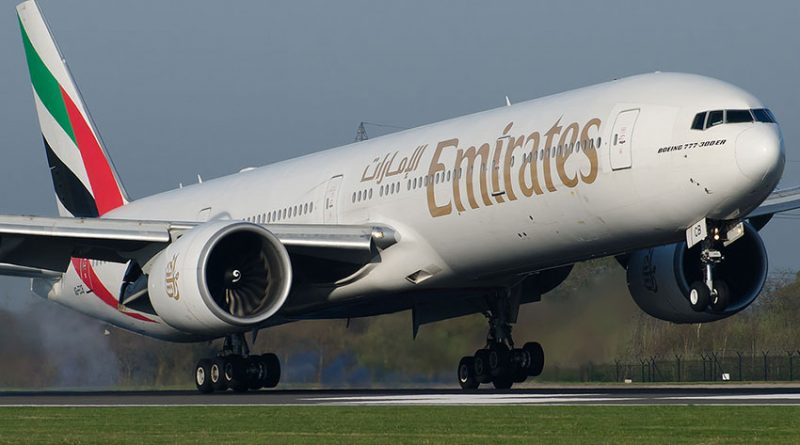SOUTH Africa will reopen 20 land border crossings to allow normal travel, lifting restrictions implemented last month to control rising coronavirus infections, the Home Affairs Ministry said yesterday.

The ministry said land border points, including those with Zimbabwe, Mozambique and Botswana, would reopen after being closed on January 11.
“The active and orderly management of people through our borders is an important part of the country’s overall risk-adjusted approach to control the spread of Covid-19,” said Home Affairs Minister Aaron Motsoaledi.
Motsoaledi will visit the Lebombo Border Post, one of the four busiest land ports, on the border of Mozambique on Monday to monitor the processing of travellers.
South Africa has recorded the highest number of coronavirus infections and deaths on the African continent, with more than 1.4 million cases and over 47,000 deaths.
It has been hit hard by the second wave of infections linked to a new variant called 501Y.V2 which was identified in South Africa late last year.
Source – Thomson Reuters Foundation
GHANA’s parliament has suspended most of its activities for three weeks after at least 17 MPs and 151 staff members were infected with the coronavirus, the speaker said yesterday.
President Nana Akufo-Addo warned last month that infection rates were skyrocketing and threatened to overwhelm Ghana’s health system, part of a second wave of the virus across Africa that has been far more serious than the first.
“Having regard to the upsurge in coronavirus cases in the House … I have, in consultation with leadership, decided that the sitting of the House be suspended for three weeks,” Speaker Alban Bagbin told parliament.
However, he said that parliament’s appointments committee would continue to meet to consider the ministerial nominees of Akufo-Addo, who was re-elected in December.
Ghana has reported 72,328 infections and 472 coronavirus-related deaths, some of the highest totals in West Africa.
JOHNSON & Johnson will speed up deliveries of its COVID-19 vaccine to South Africa, a senior government official yesterday after the country suspended plans to roll out AstraZeneca shots due to disappointing trial data.
Health ministry Deputy Director-General Anban Pillay told public broadcaster SABC that the first J&J doses could arrive around the end of the week, whereas officials had previously said deliveries would start in the second quarter.
J&J said it was in advanced discussions with South Africa about “potential additional collaborations” to combat COVID-19.
“We hope to be able to share more details in the coming days,” it said.
Preliminary trial data showing the AstraZeneca shot offers only “minimal protection” against mild-to-moderate illness caused by the dominant coronavirus variant in South Africa is a blow to the continent’s immunisation plans.
Media reported that Malawi was also reviewing whether to proceed with an AstraZeneca rollout and a Ugandan health ministry spokesman said the government there would seek guidance from the World Health Organization (WHO).
The more contagious variant first identified in South Africa late last year is believed to have spread to nine other African countries, according to a WHO epidemiological report last week.
Although the trial by researchers at a Johannesburg university did not assess whether the vaccine protects against severe COVID-19 from the 501Y.V2 variant, the government is holding talks with local and international scientists to decide how to proceed.
Residents of Johannesburg’s Soweto township said the trial results were a big setback.
“It’s just a disappointment because the only thing that we were looking forward to … set us free it was the vaccine,” said Mabutho Dube, a 43-year-old former restaurant manager who is currently unemployed.
CONTAGIOUS VARIANT
The AstraZeneca vaccine was seen as one of the best-suited to weak African public health systems as it can be stored at fridge temperatures, rather than the sub-freezing temperatures needed for Pfizer shots.
The global vaccine distribution scheme COVAX plans to start sending millions of vaccine doses to African countries this month.
The lead investigator of AstraZeneca’s vaccine study in South Africa said on Sunday it would be reckless to discard a million doses that arrived in the country last week as there was still a chance that they could protect against severe COVID-19.
AstraZeneca, which developed the vaccine with Oxford University, says it believes its vaccine can protect against severe disease and has already started adapting it against the 501Y.V2 variant.
Asked whether the sample size of the South Africa trial was large enough to draw conclusions from, Pillay said: “I don’t think we can be confident to say the vaccine doesn’t work, but we also don’t have the data to say it certainly will work. What we have are potential indicators.”
Pillay said that J&J’s vaccine was a good fit in the meantime. Trials had shown that it was highly effective in preventing hospitalisation and death, and it can also be stored at fridge temperatures, he said.
Local regulator SAHPRA has not yet authorised J&J’s vaccine but has been conducting a rolling review since late last year.
South Africa – which has reported the highest number of confirmed coronavirus infections in Africa and over 46,000 coronavirus-related deaths – hopes to vaccinate 40 million people, or two-thirds of the population, to achieve some level of herd immunity.
Source – Thomson Reuters Foundation
NIGERIA has lifted its suspension of Emirates airlines flights imposed after the carrier sought additional COVID-19 tests for passengers from Nigeria, a spokesman for the country’s aviation regulator has said.
“The suspension has just been lifted, because they have complied with what we want,” said the Nigerian Civil Aviation Authority (NCAA) spokesman in a phone call. He said further details would soon be made public in a statement.
An Emirates spokesperson said the company “can confirm that we will continue to operate services to Abuja and Lagos.”
An aviation ministry spokesman on Monday told a news conference that the United Arab Emirates (UAE), in addition to requiring a polymerase chain reaction (PCR) test before flying from Nigeria, was adding an extra requirement of having a rapid test four hours before departure.
He said airlines that insisted on the additional test would be suspended until an appropriate structure was put in place to conduct the second test within four hours of departure.
In a letter to the airline’s country manager, dated Feb. 4 and titled “suspension of Emirates airlines operations to Nigeria”, the NCAA said the airline had carried passengers from Nigeria using rapid antigen tests “conducted by laboratories that are neither approved nor authorized by the appropriate regulatory bodies”.
The NCAA, in its letter, said the decision to suspend Emirates was taken because the airline failed to heed a request to either accept passengers without the rapid test until the appropriate infrastructure was in place or suspend flights to and from Nigeria until that time.
This month, UAE authorities said the airline’s passengers flying to Dubai from Nigeria would not be permitted entry if they transited via a third country and could only enter on direct flights, according to industry sources and a travel notice on the RwandAir website.




